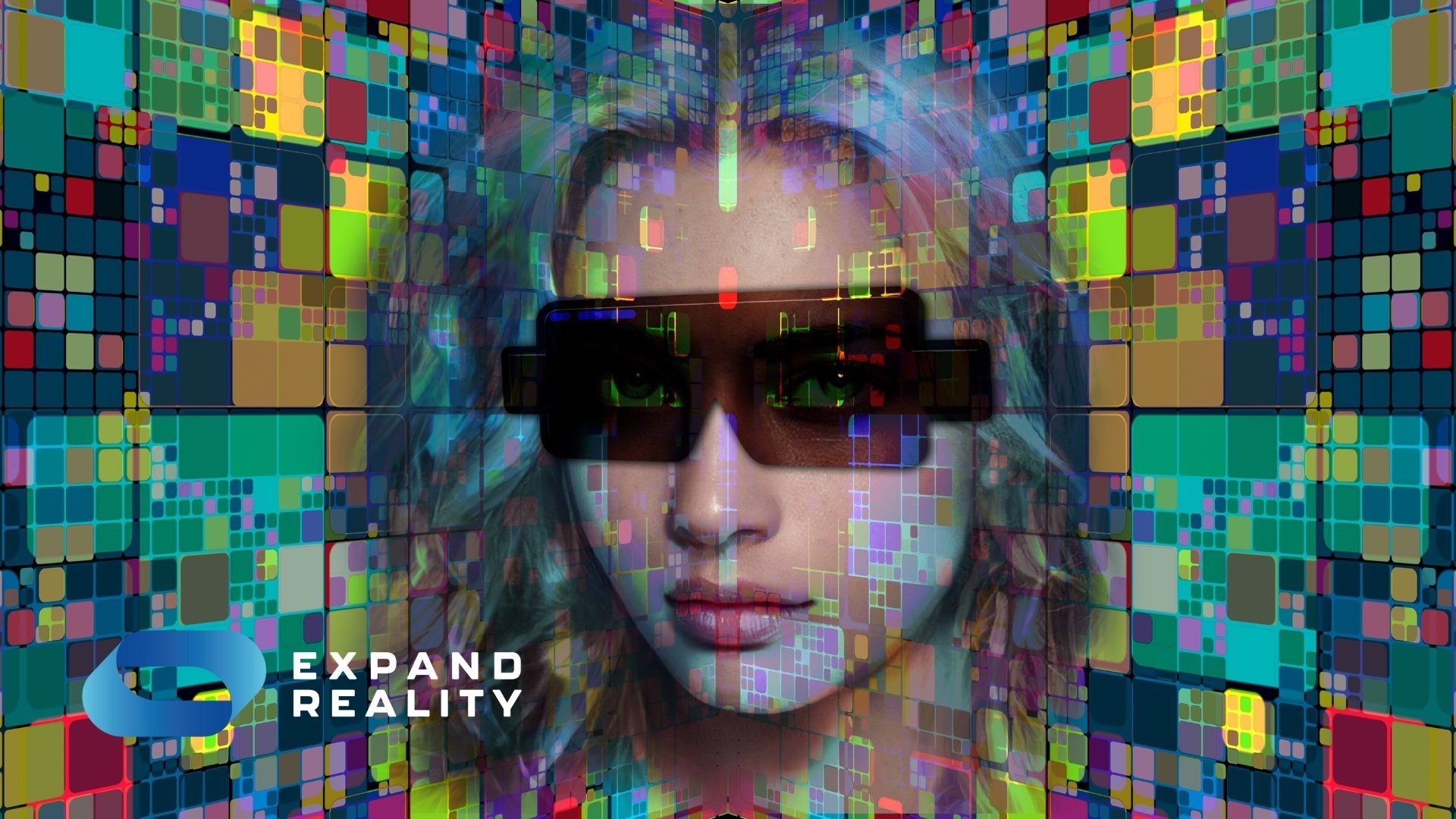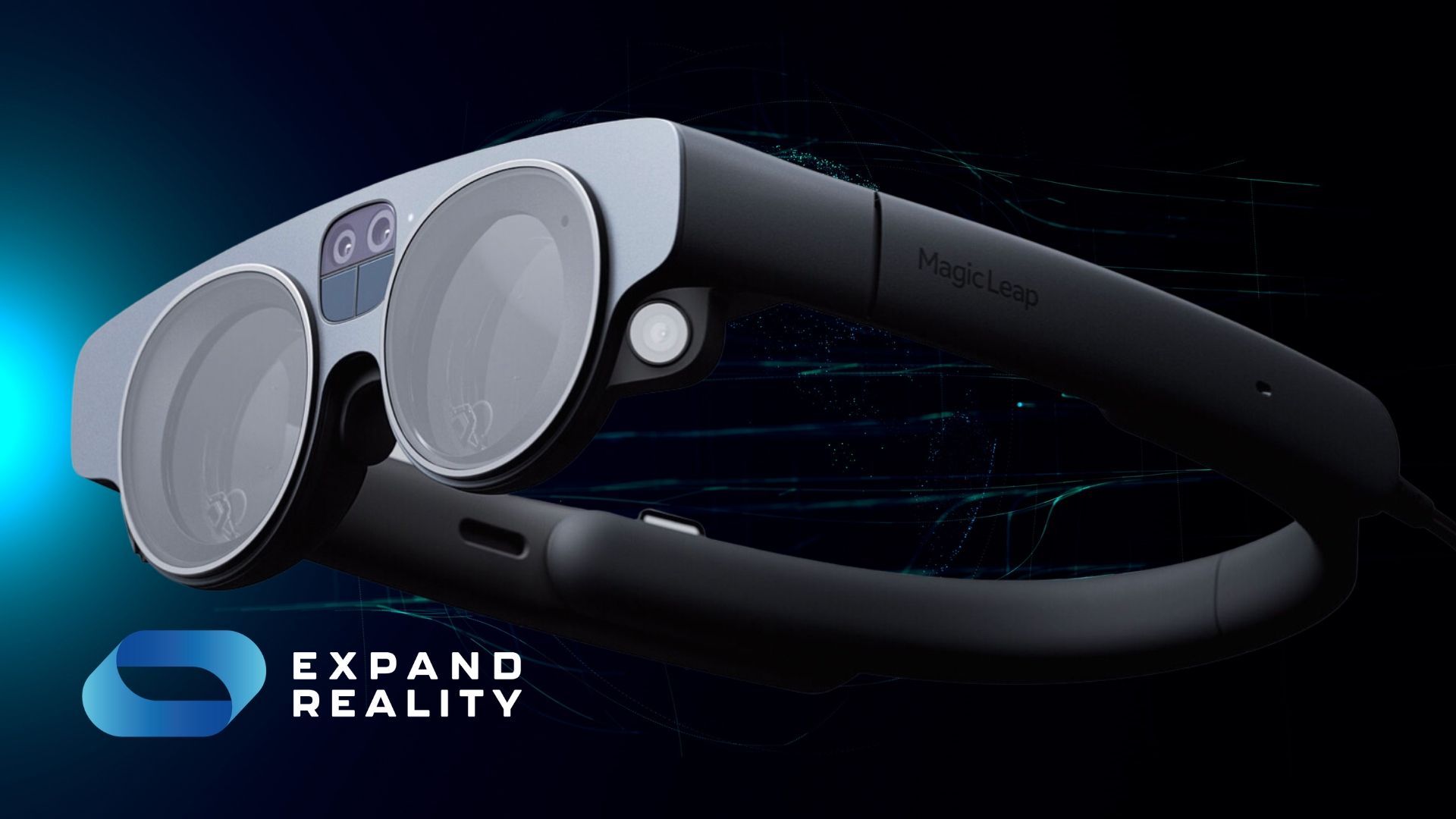hello@simplyvideo.io
The business potential of the Metaverse
The Metaverse has captured the public imagination, but what can it offer to businesses? Join us as we explore 2 commercial use cases for the Metaverse.

The Metaverse is big news. In 2022, it gained more column inches than the Acropolis of Athens.
Granted, some of this coverage was less than enthusiastic. But the negativity was largely directed towards Meta (formerly Facebook) and its
Horizon Worlds Metaverse platform.
The project has had more than its fair share of teething problems – and journos have been quick to eviscerate it. (The most common complaint? User avatars
don't have legs.)
It's easy to forget, however, that
Horizon Worlds
is just one iteration of the nascent Metaverse. Meta has been instrumental in hyping the concept, but the concept is bigger than Meta – and it has the potential to become bigger than any of us could imagine.
Instead of conflating the Metaverse with a single, slightly wobbly app, it's more useful to think of it as the
next logical iteration of the internet. A three-dimensional, interactive, liveable version of the internet.
When marketers talk about "engagement" on the internet, they mean engagement at a distance. You can
enjoy internet content, sure – but you're enjoying it through the abstraction of a two-dimensional screen. You can gaze lovingly at content, but you can't
feel
it.
The Metaverse has the potential to change that. In the Metaverse, content can be truly experienced.
Products can be tried and tested, just like in a brick-and-mortar store. Music can be delivered as a social experience, without the expense and hassle of touring. And webinars – finally, against all odds – can become interesting.
Forget users complaining about legs. When you look at the big picture, the Metaverse starts to look very useful indeed. It represents a wellspring of potential for creatives, consumers and – not least – businesses.
Right now, it's tricky to picture how the Metaverse could be monetised. But plenty of clever people have given it plenty of thought.
Here are just a couple of their ideas.
1. Try-before-you-buy experiences
eCommerce has many advantages over brick-and-mortar business models. Online retail businesses are cheaper to run, have better reach and can dedicate more space to warehousing and fulfilment. No shop floor means no checkouts, window displays or inefficient, customer-facing shelving solutions.
But this increased efficiency comes at a cost. In brick-and-mortar stores, customers can get a good feel for products before they buy. They can pick them up, turn them around and inspect every last curve and contour.
eCommerce customers aren't afforded this luxury. All they have to go on are your pictures and product descriptions. If customers get the wrong impression, you could face ramping returns, negative reviews and even lost custom.
Now imagine a virtual shop floor in the Metaverse. If a customer wanted to browse your product range, they could slip on an AR or VR headset, enter your digital showroom and inspect your SKUs to their heart's content.
You could even employ virtual shop assistants. These agreeable avatars could spend their working hours in the Metaverse, ready to answer any niche customer queries that come their way.
A setup like this would go far beyond what product descriptions and chatbots can muster. In the Metaverse, customers could interact with products and people in a similar way to brick-and-mortar. You could enjoy all the benefits of traditional retail – fewer returns, happier customers – without the financial and logistical headaches that come with maintaining real-life shops.
Some intrepid brands are already moving in this direction. Audi, for instance, has
created virtual showrooms in dealerships, where customers can don VR headsets to explore the full range of Audi cars – including every possible finish and variant.
But this approach still relies on people visiting brick-and-mortar branches. In an ideal Metaverse, customers would be able to access these kinds of experiences from the comfort of their homes.
Hold that thought. It might happen sooner than you think.
2. Immersive entertainment and brand experiences
The Metaverse promises a future stuffed with social entertainment experiences. Think live concerts attended by thousands of virtual users. Or immersive brand events, where guests can grab digital freebies and mill around with celebrity avatars.
If this sounds fanciful, prepare to be boggled – because these kinds of events are already happening. And, as is so often the case, it's young people who are driving the big station wagon of social change.
Gen Zs and Gen Alphas have grown up online. For them, it's completely normal to socialise and express their creativity in virtual spaces. And more often than not, these spaces take the form of online games like Roblox, Minecraft and Fortnite.
Fortnite in particular has hosted many well-attended concerts and other hype-generating events. Fortnite players have enjoyed a Star Wars-themed premiere, a DJ set from EDM star Marshmello and – perhaps most notably – a Travis Scott concert
attended by more than 12.3 million users.
If your brand has the cash and a young-leaning audience, you have the opportunity – right now – to capture imaginations on an awesome scale. For the rest of us, it's a case of waiting for those world-weary over-25s to catch up.
The future is not too far away
You might have noticed a theme emerging in this post. A sense of "we're not quite there yet".
Don't get us wrong – brands are adopting XR left, right and centre. According to a PwC study,
more than 33% of London businesses are already using VR or AR technologies.
Clearly, the commercial world sees the value in XR – and, by extension, the Metaverse. XR's transformative potential for
training, digitalisation and
collaboration is well documented. And immersive, brand-led XR experiences have proven popular with the general public.
The challenge is consumer adoption. For the Metaverse to succeed, the concepts of XR and virtuality must become as normalised as smartphones and the internet.
How long will this take? One expert
posits that "the transition from mobile phones to AR hardware will begin in the middle of the 2020s and will be complete by 2035 – possibly sooner".
Note that they say, "complete by 2035". In all likelihood, it will only be a few years before the consumer world catches on and the paradigmatic plates begin to shift.
Forward-thinking companies need to start, well…
thinking about the Metaverse and XR. If you don't have plans in place, it might not take long for competitors to snatch a technological lead.
The way forward, according to Warpin Media CEO Emma Ridderstad, is to start small. Interviewed for a
Forbes feature, she suggested that brands should "have the end goal of what you can imagine with this technology, but start with a very small project and see how it goes.
"You're emerging yourself in a whole new way", she adds, "but then take a look at how the technology can solve the problem that a company has".
To explore the Metaverse, you need the right tech. Browse Expand Reality's
online XR shop to discover trusted, enterprise-ready devices from the industry's leading manufacturers.

Contact Us
Connect global teams. Collaborate with remote experts. Streamline processes and unlock cost savings with industry-ready extended reality technology.
Contact Info
hello@expandreality.io
Gemini Business Park
Sheepscar Way
Leeds
LS7 3JB
All Rights Reserved | Expand Reality







